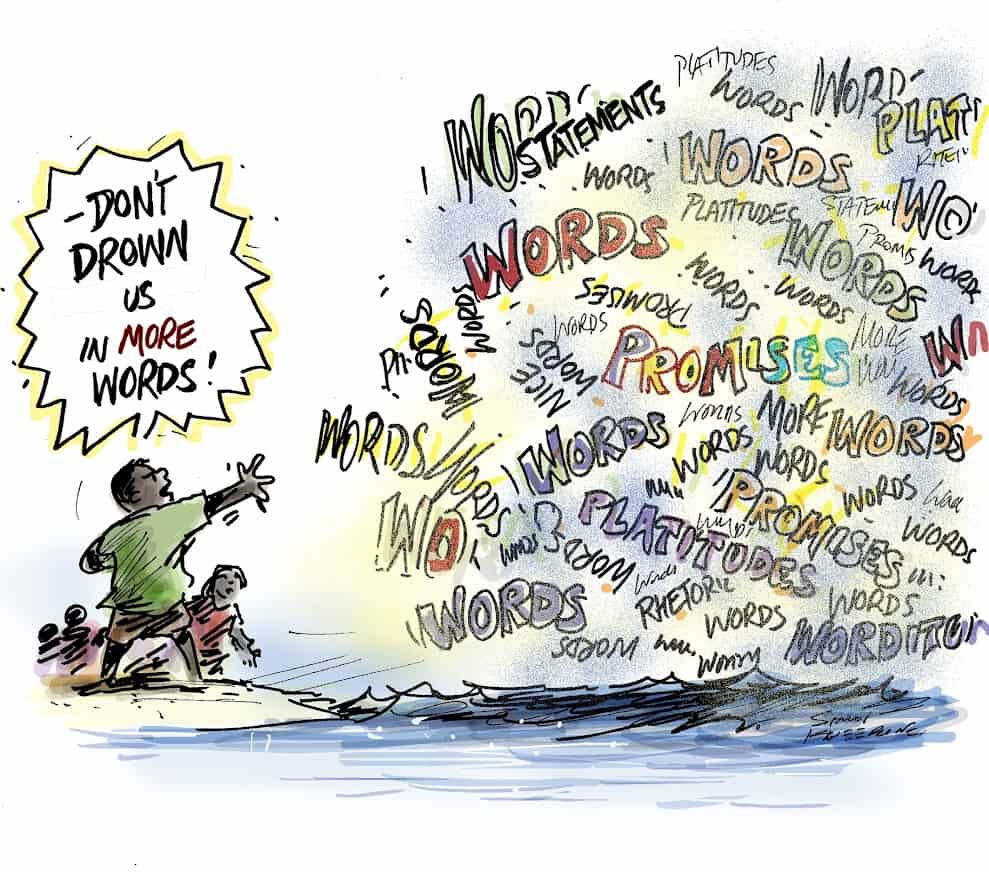The disconnect between countries was palpable at the recent COP27 climate conference, as small island nations fought with developing countries to get their issues onto the agenda and into negotiations.
Addressing the COP27 plenary, Pacific Islands Forum ecretary General (SG), Henry Puna expressed his frustration, saying, “For us, 'urgent and immediate action’ is not just a rallying cry; it is a statement of survival."
He continued: "I am disappointed . . .
Please Subscribe to view full content...
